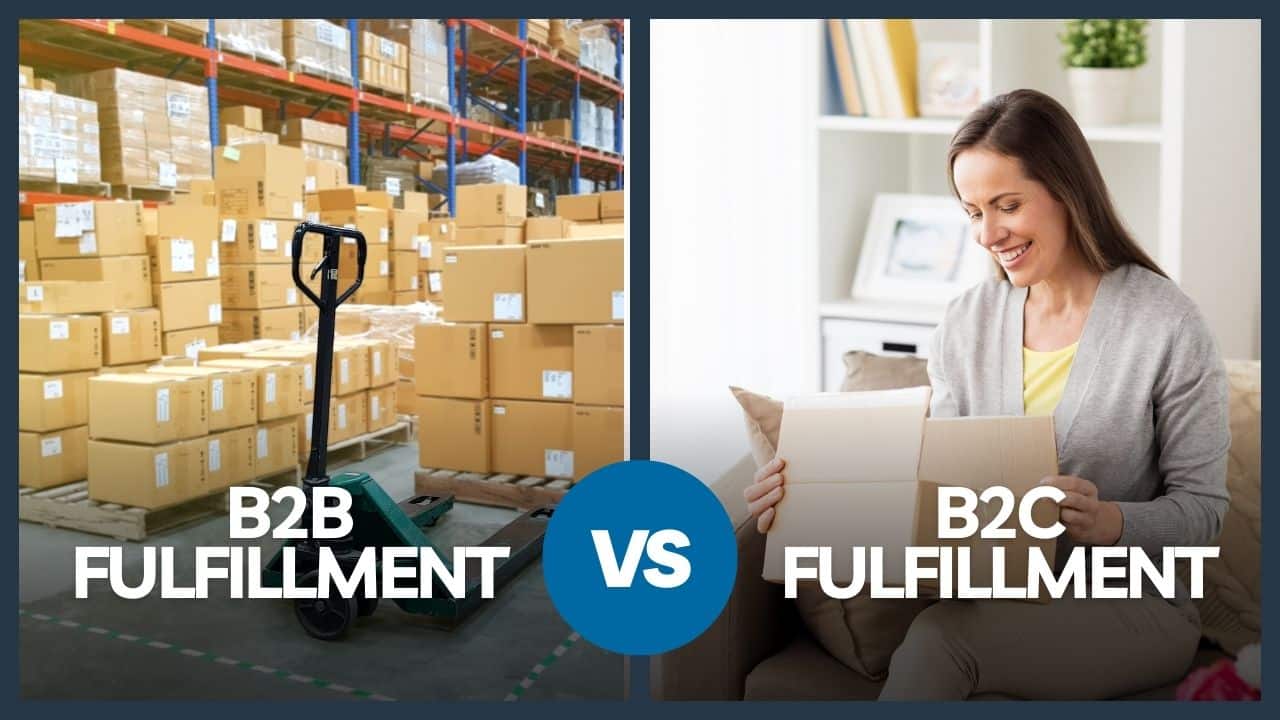
Today, we’re diving into the key differences between B2B (Business-to-Business) vs. B2C (Business-to-Consumer) fulfillment. While they share the same ultimate goal—delivering products efficiently—they operate in distinct ways that affect everything from order size to delivery specifics.
In this blog, we will explore how each type of fulfillment addresses unique challenges and requirements. Whether you’re shipping directly to consumers or providing bulk shipments to other businesses, knowing these differences can help you choose the right fulfillment strategy to streamline your processes and boost customer satisfaction.
Jump Right In: B2B vs. B2C Fulfillment: Key Differences Explained
Key Differences between B2B and B2C Fulfillment
B2B (business-to-business) fulfillment involves large, bulk shipments primarily to other businesses, often involving complex logistics and inventory management. B2C (business-to-consumer) fulfillment targets individual consumers, focusing on direct delivery and rapid order processing.
| Criteria | B2B Fulfillment | B2C Fulfillment |
|---|---|---|
| Order Volume and Size | Large order quantities, often in bulk. | Smaller, individual orders, frequent transactions. |
| Packaging Complexities | Robust, industrial packaging for large orders; customization may be required for client specifications. | Attractive, consumer-focused packaging, lighter and designed for unboxing experiences. |
| Inventory Management | Complex due to large product quantities and variability; often requires advanced forecasting. | More dynamic, requiring frequent restocking and responsive systems to manage diverse SKU demands. |
| Shipping and Handling Logistics | Coordinated with business schedules; involves managing delivery docks and larger shipments. | Direct-to-consumer, often requiring fast, flexible delivery options (e.g., same-day delivery). |
| Customer Service Demands and Returns Handling | Focus on relationship management, longer-term contracts, and scheduled orders. Returns can be complex due to order size and cost. | High emphasis on customer satisfaction and quick response times. Returns need to be easy and fast to maintain consumer loyalty. |
The average order value (AOV) in B2C e-commerce varies depending on the industry but generally hovers around $126.37 as of early 2024. This figure represents a moderate increase from the previous year, reflecting a steady, albeit slow, growth in consumer spending per transaction (Oberlo | Where Self Made is Made).
For B2B transactions, the AOV can be significantly higher, often reflecting the bulk nature of the orders and the higher value of the goods or services exchanged.
B2B vs B2C Analysis
Understanding these differences is more than an academic exercise—it’s about identifying the best practices that suit the specific needs of your business. For instance:
- B2B sellers must excel in inventory forecasting and build strong, reliable relationships with business clients. This often involves more detailed logistical planning and a higher investment in customer service to manage ongoing contracts and handle large-scale returns.
- B2C sellers, on the other hand, need to focus on speed and efficiency in fulfillment to meet consumer expectations for rapid delivery. Additionally, they must ensure that the customer service experience is seamless, especially in managing returns, which are more frequent but involve less financial risk per transaction.
By mapping out these key differences, businesses can tailor their fulfillment strategies to meet specific operational demands and consumer expectations, ensuring efficiency and customer satisfaction in their respective markets.
Understanding B2B Fulfillment

When we think about fulfilling business orders, especially in a B2B (Business-to-Business) context, we’re diving into a process that’s quite distinct from what you might encounter in a typical shopping experience. B2B fulfillment specifically refers to the completion of orders from one business to another. This isn’t about single items going directly to a consumer’s doorstep; it’s about large-scale transactions that power other businesses and, ultimately, the economy.
What is B2B Fulfillment?
B2B fulfillment involves managing and shipping large orders of goods from manufacturers or distributors to business entities. These aren’t impulse buys or small, pack-of-gum purchases. We’re talking bulk shipments, where the scale and consistency of orders are much larger and more complex than those in a standard B2C (Business-to-Consumer) model.
The Typical B2B Fulfillment Process
Understanding the standard procedures in B2B fulfillment helps clarify why this sector demands a unique approach. Here’s what typically happens:
Order Quantities:
Bulk Orders: Unlike B2C, which deals with individual consumer orders, B2B transactions usually involve bulk quantities. These could range from hundreds to thousands of units that need to be processed, packaged, and shipped.
Packaging and Shipping Requirements:
Robust Packaging: Given the scale and the necessity to ship large quantities, B2B packaging is sturdier and more substantial. This ensures that products arrive in top condition, undamaged and ready for business use.
Customized Solutions: Sometimes, packaging also needs to be customized to meet specific business or safety standards, adding another layer of complexity to B2B fulfillment.
Logistic Complexities:
Coordination with Business Schedules: B2B fulfillment must align with the operational hours and logistics of other businesses. This might mean scheduling deliveries to coincide with specific receiving times or accommodating limited access to loading docks.
Delivery Docks: Unlike residential deliveries, B2B shipments often go to businesses with dedicated delivery docks. This requires coordination with dock schedules to ensure smooth unloading and storage.
Why It Matters
In B2B fulfillment, the stakes are high. A single mishap can disrupt the supply chain of multiple businesses. That’s why understanding these nuances is crucial—not just for logistics professionals but also for business managers planning their inventory and operations strategy.
This deep dive into the B2B fulfillment process underscores the need for meticulous planning and robust systems to manage the complex demands of business-to-business transactions. The goal? To ensure that every order not only meets quality standards but also arrives on time and fits seamlessly into the broader business operations of the receiver.
Get a Free B2B fulfillment Quote Today!
Ready to enhance your fulfillment strategy? Contact us now for a free consultation and learn how eFulfillment Service can optimize your logistics operations!
Understanding B2C Fulfillment
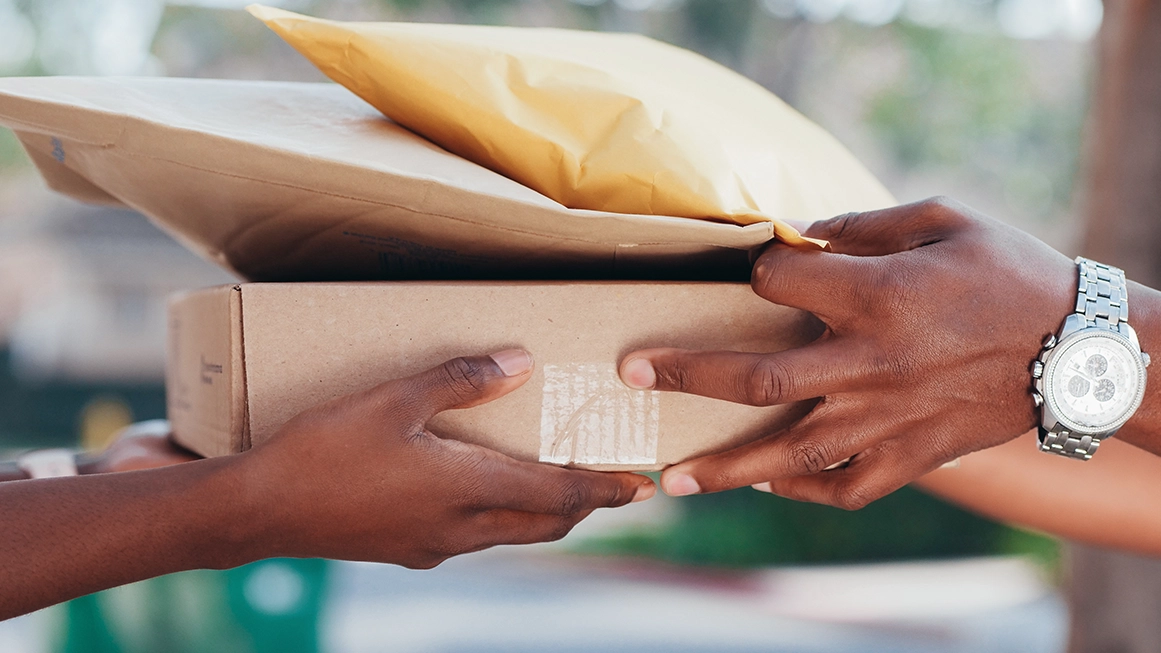
In eCommerce, B2C (Business-to-Consumer) fulfillment is the engine that drives the entire shopping experience for the everyday consumer. It’s what happens after you click “buy” on an online store. B2C fulfillment is all about delivering products directly from businesses to individual consumers’ doorsteps. The focus here is on speed, efficiency, and accuracy, making it distinct from the bulkier and more complex B2B fulfillment.
What is B2C Fulfillment?
B2C fulfillment refers to the process involved in picking, packing, and shipping a product directly to a consumer. This type of fulfillment caters to individual purchasing needs and is characterized by smaller, more frequent orders compared to B2B transactions.
The Typical B2C Fulfillment Process
The journey from warehouse shelf to customer’s door in B2C fulfillment is fascinating and needs to be swift and seamless. Here’s a breakdown of what this process typically looks like:
Smaller, More Frequent Orders:
- Volume and Frequency: B2C involves handling a large volume of orders, but each order generally consists of smaller quantities compared to B2B. This high frequency requires a streamlined process to handle the continuous flow of orders efficiently.
Direct-to-Consumer Shipping Specifics:
- Packaging: Packaging for B2C items focuses on aesthetics and durability. The goal is not only to protect the product during transit but also to delight the customer upon unboxing.
- Delivery Options: Consumers today expect various shipping options, including same-day or two-day delivery. Catering to these expectations requires a dynamic fulfillment strategy that often integrates advanced technology and real-time data.
Importance of Speed and Efficiency in Delivery:
- Rapid Processing: The emphasis in B2C fulfillment is on how quickly an item moves from order placement to shipment. Speed is a key differentiator in consumer satisfaction and plays a significant role in the competitive landscape of retail.
- Efficiency: Systems must be efficient to handle peak times like holidays or sales events without delays or errors, ensuring that consumers receive their orders promptly and accurately.
Challenges Unique to B2B Fulfillment

When diving into the world of B2B fulfillment, it quickly becomes evident that B2B has unique challenges not typically found in the B2C landscape. Understanding these complexities is key to optimizing your supply chain and ensuring your business operations run smoothly. Here are some of the most pressing challenges that come with B2B fulfillment and why they necessitate a specialized approach.
1. Managing Supply Chain Relationships
- Communication is Critical: B2B relationships often involve a chain of communication that must remain clear and effective across multiple levels—from suppliers and manufacturers to wholesalers and retailers. Each link in this chain plays a crucial role in fulfillment, and any miscommunication can cause significant disruptions.
- Long-term Commitments: Contracts in B2B are usually extensive and require ongoing commitments, which can complicate scalability and flexibility. Ensuring that these relationships are both sustainable and adaptable is a delicate balancing act.
2. Spatial and Storage Requirements
- Larger Quantities, Bigger Space Needs: B2B orders typically involve larger quantities than B2C transactions. This scale can require significantly more storage space and more complex logistical arrangements.
- Specialized Storage Facilities: Some B2B products need specific storage conditions like refrigeration or secure areas for high-value items. Managing these specialized requirements can escalate the complexity and cost.
3. Complex Inventory Tracking
- Tracking Bulk Shipments: With larger quantities per shipment, tracking inventory can become a formidable challenge. B2B transactions often require detailed tracking systems to manage stock levels accurately across multiple storage facilities.
- Integrated Systems Are Essential: Efficient B2B fulfillment demands highly integrated inventory systems that synchronize data across various points in the supply chain. This synchronization helps prevent overstocking or stockouts, both of which can be costly.
10 Essential Questions to Ask When Choosing a B2B Fulfillment 3PL.
Check out the comprehensive guide what to ask when looking for the perfect B2B fulfillment service for your brand.
Why Specialized B2B Fulfillment Services Matter

When you’re in the business of selling to other businesses, every detail in the logistics chain can impact your bottom line. Specialized B2B fulfillment services are more than a step in the process; they’re a strategic advantage that can make or break the success of your operations. Here’s why choosing a fulfillment service that specializes in B2B is critical for your business.
Tailored Solutions for Complex Needs
B2B transactions typically involve larger quantities, more substantial shipments, and more complex logistics than B2C transactions. Specialized B2B fulfillment services understand these nuances and offer tailored solutions that address:
- Bulk Orders: Handling and shipping large-scale orders requires precision and a deep understanding of logistics to ensure timely delivery without damages.
- Custom Packaging: Given the nature and size of B2B products, custom packaging solutions are often necessary to meet the specific requirements of businesses and maintain the integrity of shipments.
- Advanced Inventory Management: Efficient management of stock, with real-time updates and accurate forecasting, helps avoid overstocking or stockouts, crucial for maintaining business operations.
Increased Efficiency and Reliability
Businesses depend on the punctuality and reliability of their partners. A specialized B2B fulfillment service enhances these aspects by:
- Optimized Logistics: From warehouse management to delivery routes, every step is optimized for efficiency, reducing turnaround times and costs.
- Dedicated Support: B2B fulfillment requires a higher level of coordination, and having a dedicated support team ensures that any issues are swiftly addressed.
Scalability to Grow With Your Business
As your business grows, so do your logistical requirements. A fulfillment partner that specializes in B2B is equipped to scale with you, offering:
- Flexible Space and Labor Management: Whether you need more space for a growing inventory or additional resources during peak seasons, a specialized provider can accommodate these changes without disrupting your operations.
- Technological Integration: Utilizing advanced technology, these services can integrate seamlessly with your existing systems, making the scaling process smooth and manageable.
Manage B2B Inventory Effortlessly!
Get a FREE quote from eFulfillment Service to see how we could help simplify your inventory management.
Choosing the Right B2B Fulfillment Partner
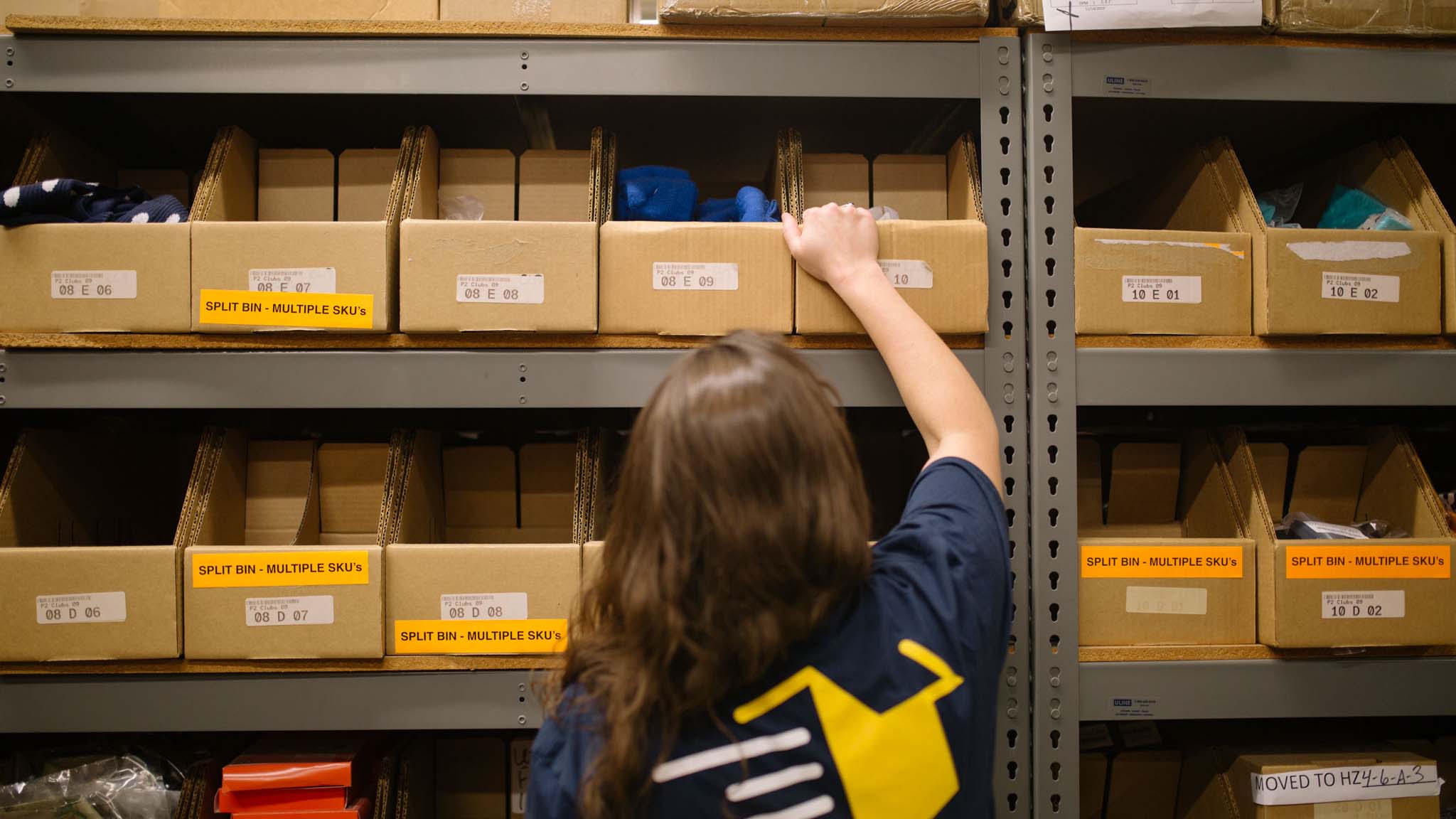
Selecting the right B2B fulfillment partner is a pivotal decision for any eCommerce business, especially those navigating the complex waters of B2B operations. The efficiency of your fulfillment service can significantly impact your customer relationships, operational costs, and overall market success. Here’s what you should consider to ensure you partner with a service that truly understands the intricacies of B2B fulfillment.
Key Factors to Consider
- Scalability: Your fulfillment partner should not only manage your current needs but also scale with your business as it grows. Look for a partner with the capacity to handle increasing order volumes without compromising service quality.
- Technology Integration: Choose a partner that offers advanced technology solutions. This includes integration capabilities with your existing eCommerce platforms, real-time inventory tracking, and data analytics to help you make informed decisions.
- Expertise in B2B Logistics: B2B fulfillment involves more complexities than B2C, including larger order volumes, specific packaging requirements, and extended shipping timelines. A partner with specialized experience in B2B can navigate these challenges effectively.
- Customization Flexibility: Every B2B business has unique needs. Your fulfillment partner should offer customizable solutions that can adapt to your specific product requirements and shipping needs.
- Strategic Locations: Consider the geographical placement of your fulfillment centers. A partner with strategically located facilities can significantly reduce your shipping costs and delivery times to key markets.
- Reliability and Track Record: Look for a fulfillment provider with a proven track record of reliability and excellent client testimonials. Dependability in fulfilling orders accurately and on time is non-negotiable.
eFulfillment Service’s B2B Advantages
At eFulfillment Service, we specialize in handling the unique demands of B2B fulfillment. Here’s how we stand out:
- B2B Specialization: We have years of experience and a deep understanding of B2B logistics, making us experts in managing and streamlining complex fulfillment processes.
- Custom Solutions: Our services are tailored to meet the specific needs of B2B clients. Whether it’s handling bulk shipments or providing detailed inventory reports, we customize our solutions to fit your business.
- Advanced Technology: We utilize the latest in fulfillment technology to ensure seamless integration with your business platforms, providing real-time visibility and control over your inventory.
- Proven Excellence: With a robust portfolio of satisfied B2B clients, our track record speaks for itself. We prioritize precision, efficiency, and scalability, making us a reliable partner for your fulfillment needs.
Take the Next Step
Choosing the right fulfillment partner is crucial for your success in the B2B market. With eFulfillment Service, you gain a partner who is not just a provider, but a part of your team, dedicated to helping you succeed.
Check out our comprehensive guide to everything B2B Fulfillment for more insights and tips. Dive deeper into how specialized B2B fulfillment can transform your business operations and help you achieve greater efficiency and customer satisfaction.
Our tailored approach ensures that every aspect of your B2B fulfillment is handled with expert care, allowing you to focus on growing your business.
Simplify Shipping with a 3PL!
Get a free quote from eFulfillment Service and see how a 3PL could simplify your fulfillment!

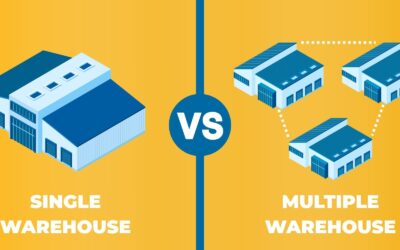
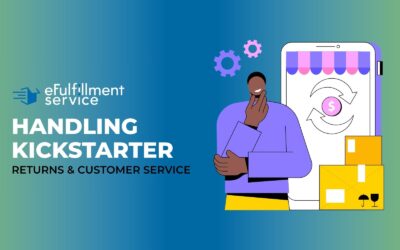
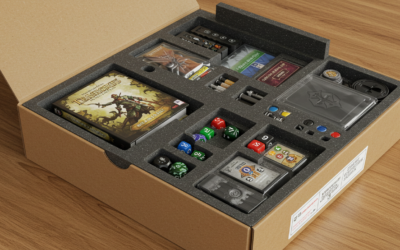
0 Comments